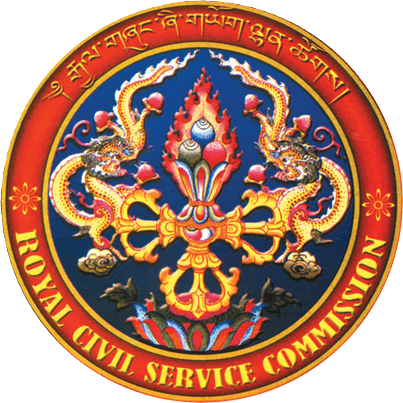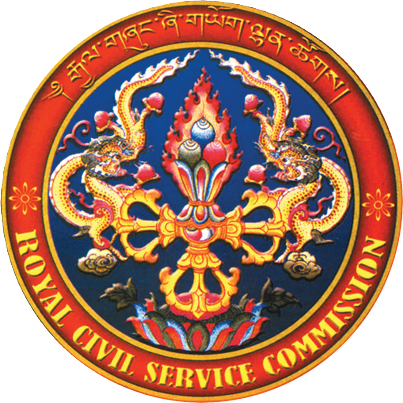Recruitment and Selection
You can apply online through the RCSC’s website when there are job announcements. Ensure you meet the minimum qualifications and follow the instructions carefully.
Eligibility depends on the position. Generally, you need a minimum educational qualification (degree, diploma, etc.), and meet age and health requirements.
Candidates go through a competitive selection process, including a written exam, interview, and sometimes a psychometric test. The highest-scoring candidates are selected.
Yes, you can apply for multiple positions as long as you meet the qualifications for each. However, each application must be submitted separately.
Performance and Promotion
Performance is evaluated through the Performance Management System (PMS) which measures your work output, quality, and contribution to the agency’s goals.
Promotions are based on merit, seniority, and performance evaluations. You also need to meet the minimum experience and skill requirements for the next position.
Performance evaluations are conducted annually. However, periodic reviews may be done to assess progress throughout the year.
Yes, civil servants can file an appeal through their agency or with the RCSC’s Performance Appraisal Review Committee if they believe their evaluation is unjust.
Training and Development
Yes, all new civil servants undergo a mandatory induction training to familiarize themselves with their roles and responsibilities.
You can apply through your agency, which will recommend you for the training based on the RCSC’s criteria and the relevance of the training to your current role.
Yes, the RCSC collaborates with international organizations to offer civil servants opportunities for short-term and long-term international training programs.
Civil servants need to apply through their agencies, after which they will go through a selection process based on merit, field relevance, and the availability of scholarships.
Leave and Retirement
Civil servants are entitled to annual leave, casual leave, medical leave, and other types of leave based on their service category and tenure.
The mandatory retirement age for civil servants in Bhutan is 60 years for most positions, but it can vary depending on the job category.
Yes, civil servants are eligible for sabbatical leave under certain conditions, such as pursuing further studies or personal development programs that benefit their work.
Upon retirement, civil servants receive pension benefits based on their years of service, contributions to the pension fund, and the terms of the National Pension and Provident Fund (NPPF).
Royal Civil Service Commission
- Kawajangsa, Thimphu
- Post Box # 163
- +975-2-322491, 322956, 322954
- +975-2-323086, 332473

